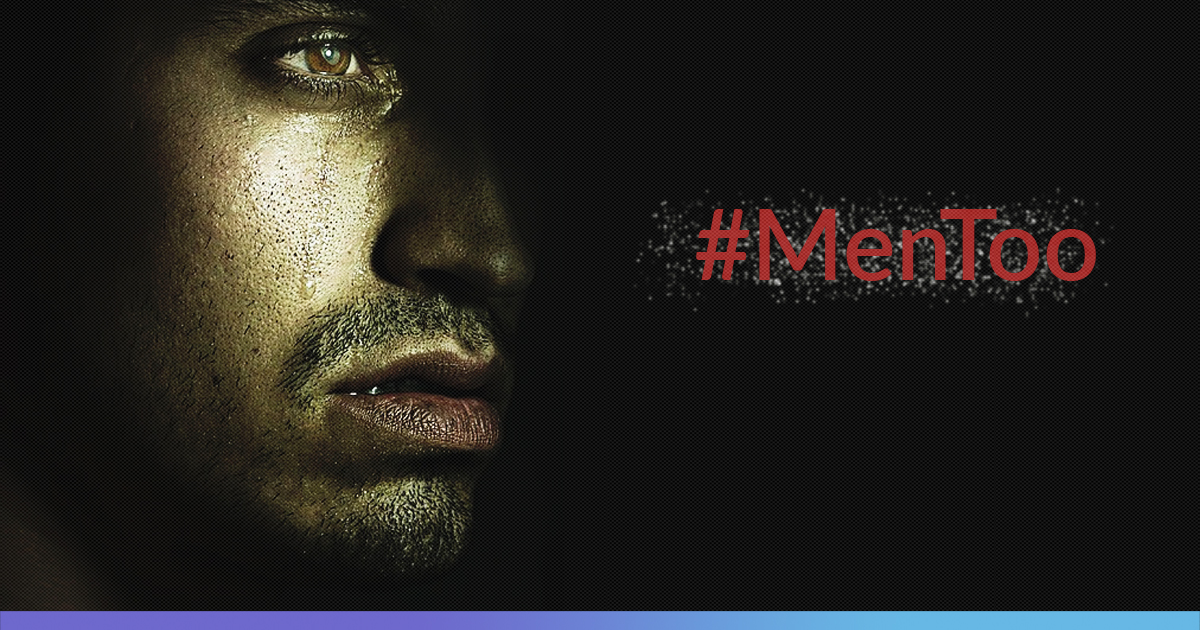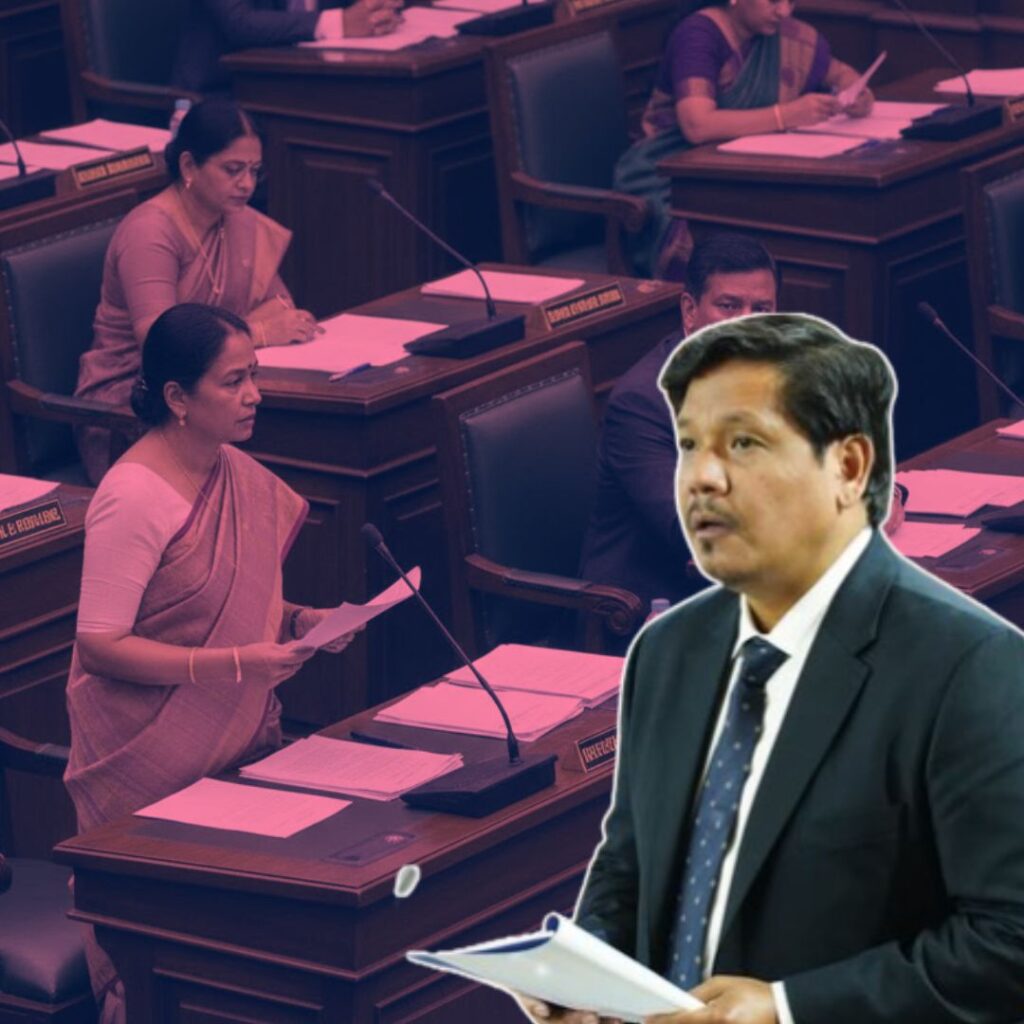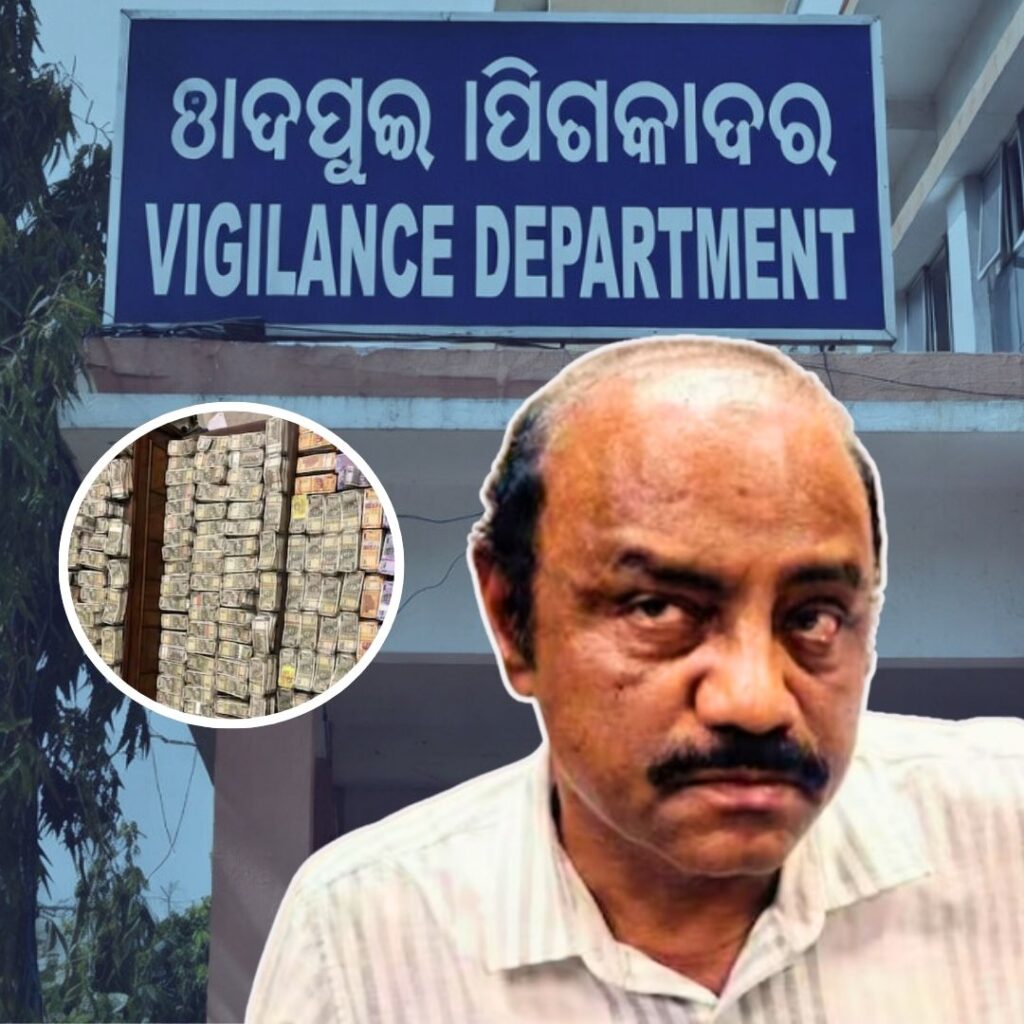In 2013, Vishal, a resident of Aurangabad, received a friend request from a woman on Facebook. They started talking and soon became close friends. A few months later, the woman told Vishal that she was in dire need of money. Although the two had never met, Vishal trusted her and transferred money to her account. Thereafter, on several occasions, he gave her money, until one day when he realised that things were going wrong. So this time, Vishal refused, and his refusal landed him in a battle that he believes might go on for life.
The woman filed a case of rape against him and put him behind the bars. Despite an abundance of evidence that Vishal produced, including call recordings of the woman threatening him, the case went on for months.
“I was acquitted in the end. I was proven not guilty. But I have not forgotten the feeling,” Vishal tells The Logical Indian.
“I will never get my old life back. I have lost my childhood friends and most of my family. Nobody wants to marry me. Even after acquittal, I am the one who has remained the culprit. I even attempted suicide.”
Why #MenToo?
Vishal’s story is just one of many that go unheard and unaddressed. Vishal was lucky, he was acquitted, most men are not.
Recently, the #Metoo movement, predominantly led by women, took social media by storm. Women across professions came out and broke their long-held silence to battle men who sexually exploited them.
However, men believe that it’s their turn now. Many men’s rights activists that the author spoke to said that while there are many laws to protect women from abuse and harassment, there are none for men.
The absence of gender-neutral laws makes it easier for men to fall prey to false allegations by women.
The Logical Indian spoke to Deepika Narayan, an independent journalist who has been pitching for #MenToo says, “there are scores of men who are falsely accused by women of various offences. They are laws which are lopsided, be it domestic violence, sexual violence or any form of cruelty. This movement is about men sharing their stories. Gender equality does not mean talking about women alone, it means talking about men who are suffering too.”
Traditionally, most of the false allegations against men are specific to domestic violence and dowry harassment cases. The last decade saw an increase of 300% in the cases pertaining to the Dowry Prohibition Act and an increase of 135% in cases of cruelty. There is, however, a recent surge in the number of sex-turned rape allegations. Regardless, the data from the National Crime Records Bureau’s (NCRB) suggests that only 14.4% of the total arrested in Dowry cases, in 2012, were actually convicted.
So while there is a conscious effort to address the women who are wronged, men often lose a spot.
The new breed of men’s rights activists and the victims of false accusation are now clamouring about the absence of legal help and emotional support.
“There were so many judgements in which courts have said that rape laws have been misused. There are more people falsely accused of such crimes than we get to know. The law is lopsided because sections 498A, section 376, section 354, the Domestic Violence Act, are all meant to protect women. None of the gender-based laws are for the men. Cases of false allegations that men decide to fight go on for years and years,” Deepika says.
On Monday, May 13, a rights NGO named Purush Ayog held a demonstration at India Gate, demanding justice for men being falsely accused of sexual assault. They claimed that 51% of the suicides among men occur due to false allegations of sexual assault.
Lawyer’s and men’s rights activists, led by Purush Ayog head Barkha Trehan, demanded probes against women who falsely file cases of sexual assault against men, and withdraw their cases when asked to appear before the magistrate.
Men’s rights activists are demanding that a national commission be created that entertains complaints of men, as well as addresses them.
“I have dealt with various cases where men have been falsely accused of sexual harassment. The condition of men who are falsely accused by women becomes vulnerable. Their personal and social lives are destroyed. They lose friends and family, and often commit suicide,” Roopenshu Pratap Singh, an advocate in the Supreme Court and an activist told The Logical Indian, “the needs to be strong laws to protect men too.”
“#Mentoo is about reforms”
Laws related to crimes like rape, sexual assault, and dowry in India are largely gender-biased, where men are usually considered to be the perpetrators.
Amit Lakhani is the President of Men Welfare Trust, a Delhi-based NGO which supports and assists men and their families who are victims of people who the misuse gender-based laws. Amit tells The Logical Indian that they receive 6,000 to 8,000 phone calls on an average from men who need help every month to seek help, from counselling to knowledge on legal procedures.
“For years now, we have been demanding that these laws be made gender neutral so that if a man is a victim, he also has the same recourse that a woman has whenever there is a crime. A sexual assault, specifically, can happen to any person irrespective of the gender,” Lakhani says.
“Unlike the #Metoo movement which involved coming out on social media to talk openly about their harassment, I believe that the #Mentoo movement is more about reforms in the laws and judicial system in India. It is more about letting authorities know that it is time to amend these lopsided laws, which are being so widely misused in the country,” he adds.
In the absence of all-India helplines numbers for men, Amit and his NGO realised that it is important to lend a helping hand.
Sharing his wisdom from years of experience in dealing with men, Amit says, “the problem is, men are brought up in a way that makes them hesitant to tell the world that they have been sexually harassed. Even in cases where men are victims of domestic violence, they are frightened to talk about it, for the fear of becoming a laughing stock.”
“We want to create an atmosphere where men will be able to talk about harassment openly. They are scared of the police, the court, the laws and most importantly society not believing them. Men need to feel they are protected equally,” he asserts.
Until that happens, #Mentoo must come out and speak up when they are wronged.
To reach out to Amit Lakhani’s NGO, contact 8882498498.
Also Read: #MeToo Revolution Takes A New Turn As Women Workers In Unorganized Sectors Now Raise Their Voice












